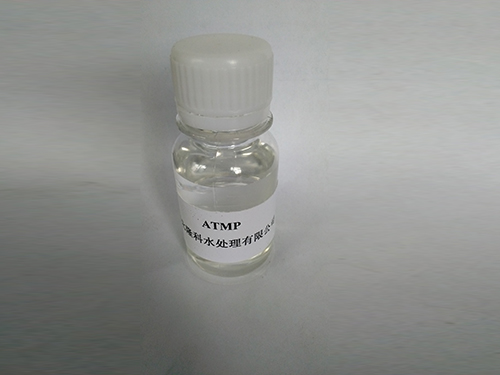Applications and Properties of Non-Ionic Polyacrylamide in Modern Industries
Understanding Non-Ionic Polyacrylamide Properties, Applications, and Benefits
Non-ionic polyacrylamide (NIPA) is a prominent water-soluble polymer that has gained significant attention across various industries due to its unique properties and versatility. It is a derivative of polyacrylamide (PAM), which is produced by the polymerization of acrylamide monomers. Unlike their ionic counterparts, non-ionic polyacrylamides lack charged functional groups, which results in a neutral charge. This characteristic gives NIPA a range of beneficial attributes that make it suitable for diverse applications.
Properties of Non-Ionic Polyacrylamide
A key feature of non-ionic polyacrylamide is its excellent water solubility. When dispersed in water, it forms a viscous solution, which can significantly enhance the viscosity of the medium. This property is crucial in applications where thickening or stabilization of solutions is necessary. Furthermore, NIPA exhibits low toxicity, making it safer for use in various environments, including agricultural and environmental applications.
The thermal stability of non-ionic polyacrylamide is another notable property. It remains stable under varying temperature conditions, which is advantageous in processes that involve heat. Additionally, NIPA has a high molecular weight, which contributes to its effectiveness in applications requiring large amounts of polymer networking.
Applications of Non-Ionic Polyacrylamide
1. Agriculture and Soil Conditioning Non-ionic polyacrylamide is widely used in agriculture to improve soil structure and enhance water retention in arid areas. By adding NIPA to soil, farmers can create a more stable environment for plant growth, reducing water usage and improving crop yields.
2. Water Treatment In the field of water treatment, NIPA plays a crucial role as a flocculant and coagulant. It aids in the removal of suspended solids and impurities from water, thereby improving its clarity and quality. Moreover, its use is effective in municipal and industrial wastewater treatment processes.
non ionic polyacrylamide

3. Oil Recovery Non-ionic polyacrylamide is utilized in enhanced oil recovery (EOR) techniques. It helps improve oil displacement efficiency by altering the viscosity of the injected water, allowing for better recovery rates from oil wells.
4. Cosmetics and Personal Care Products The cosmetics industry benefits from NIPA’s ability to thicken and stabilize formulations. It is commonly found in gel-based products, lotions, and creams, where it enhances the texture and performance of the final products.
5. Pharmaceuticals In the pharmaceutical field, non-ionic polyacrylamide is used as a stabilizing agent in drug formulations. Its safety and efficiency help ensure that active pharmaceutical ingredients remain effective while improving the overall stability of the formulation.
Benefits of Non-Ionic Polyacrylamide
The use of non-ionic polyacrylamide offers several benefits, including improved environmental safety due to its low toxicity. This aspect is particularly relevant in agricultural and water treatment applications, where minimizing ecological impact is crucial. Additionally, NIPA’s high efficiency as a thickener and stabilizer makes it a cost-effective solution for many industries.
Another significant advantage is the polymer's adaptability. It can be tailored for specific applications through copolymerization with other monomers, allowing for the development of customized formulations that meet precise performance criteria.
In conclusion, non-ionic polyacrylamide stands out as a versatile and valuable polymer across various sectors. Its unique properties, such as water solubility, thermal stability, and low toxicity, combined with its wide range of applications, underscore its importance in modern technology and industry. As industries continue to seek innovative solutions, the role of non-ionic polyacrylamide is expected to expand, contributing to sustainable practices and advanced formulations in the future.
-
Water Treatment with Flocculant Water TreatmentNewsJun.12,2025
-
Polymaleic AnhydrideNewsJun.12,2025
-
Polyaspartic AcidNewsJun.12,2025
-
Enhance Industrial Processes with IsothiazolinonesNewsJun.12,2025
-
Enhance Industrial Processes with PBTCA SolutionsNewsJun.12,2025
-
Dodecyldimethylbenzylammonium Chloride SolutionsNewsJun.12,2025





